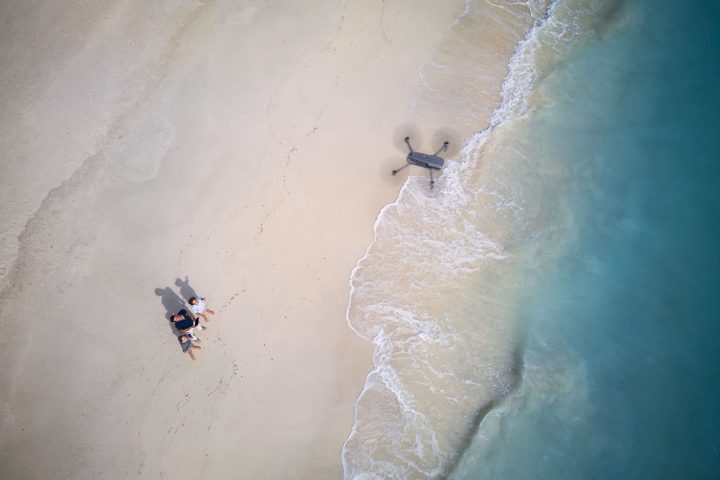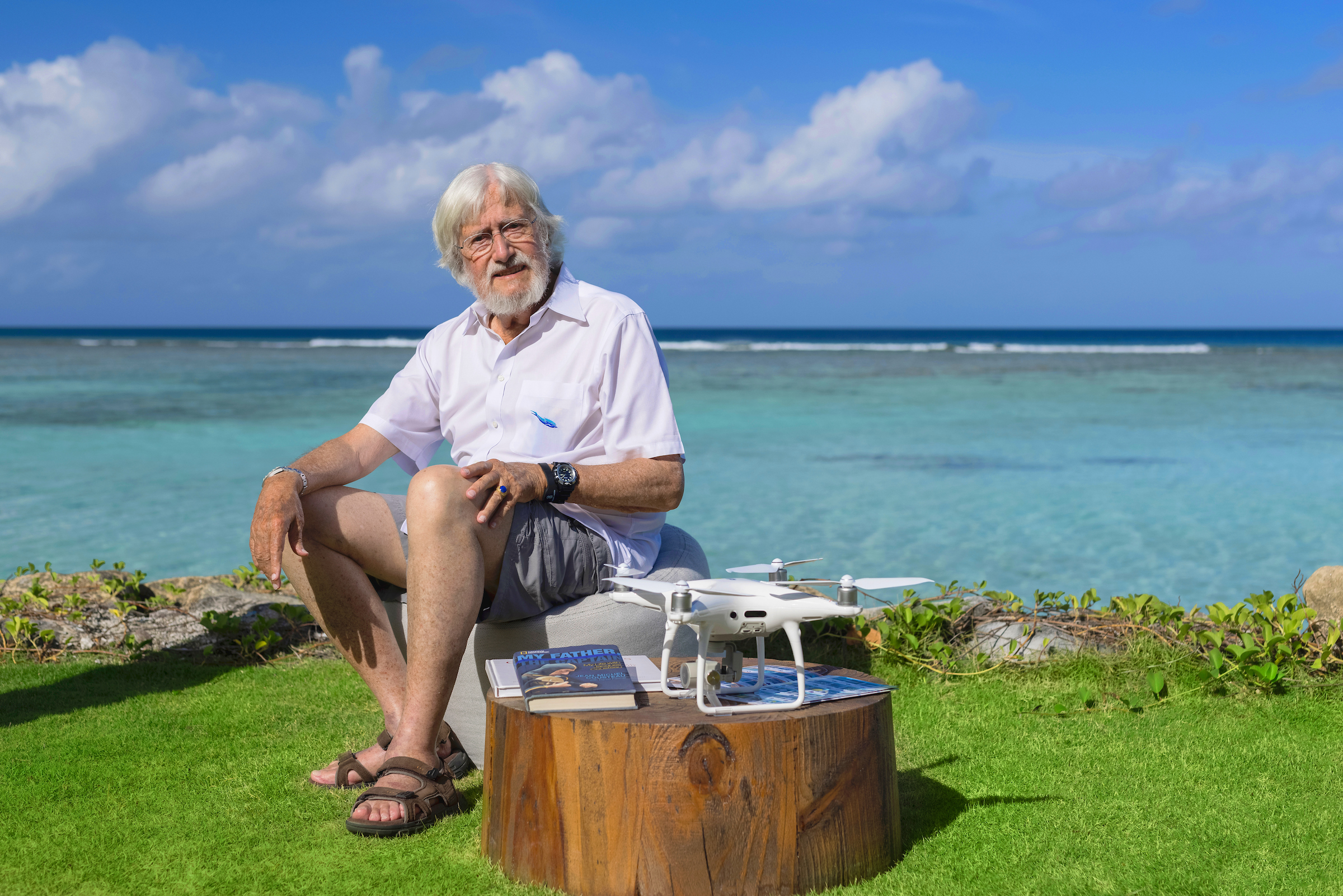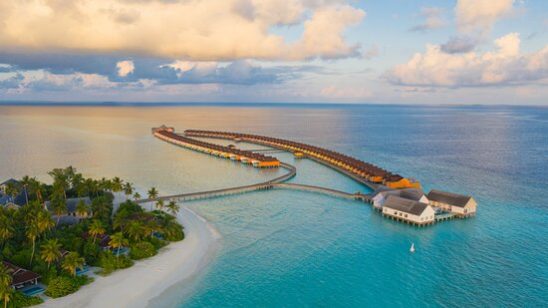
The Ritz-Carlton Maldives, Fari Islands Launches Drone Research Project
The Ritz-Carlton Maldives, Fari Islands has launched the first guest-collaborative drone project in conservation technology science. In partnership with British PhD researcher Melissa Schiele, this initiative creates a new standard in the tourism industry.
The state-approved drone research will support a major data collection project to monitor ocean pollution of plastics, its impact on sea turtles, marine life and biodiversity in the Indian Ocean. For the first time, guests will be allowed to engage in the science, exploration and hands-on process of data collection using advanced conservation technology.
As the first ‘resort biologist’ in the Maldives, PhD researcher at Loughborough University and the London Zoological Society, Melissa Schiele has built a team of resident naturalists, including scientists and commercially trained drone pilots, to create a unique community of conservation experts from across the globe. The team, including Dr Luca Fallati of MaRHE, the Marine Research and High Education Centre, will use drones donated by leading marine technologists, Oceans Unmanned, remotely operated vehicles (ROVs) and hydrophones, to collect images and analyse data to feed into ground-breaking plastics detection and wildlife conservation projects.
Through The Ritz-Carlton, Fari Islands’ Jean-Michel Cousteau Ambassadors of the Environment programme guests will have the opportunity to join the newly formed research team in their ground-breaking work. The journey will start at the resort, where with world leading drone simulation training software, guests will explore the latest scientific research with naturalists while testing their piloting skills. Stepping out in to the field, guests will navigate the ocean through drone piloted by the team, in search for discarded fishing nets (ghost nets) while experiencing the precious wildlife, endemic to the Maldives’ fragile coral reefs.

The information collected will contribute to fresh research and will feed in to the Olive Ridley Project – sea turtle conservation – working to centralise data on drifting fishing nets and turtle-life, to tackle loss of life due to entanglement in ghost nets. Any nets or large pieces of debris identified by the drones will subsequently be targeted for removal and recycling. Further, the research initiative will offer a unique platform for local children to visit and learn of the importance of marine technology including drones and hydrophones in protecting marine life.
In future, the research aims to study areas including dolphin response to environmental sound through the use of hydrophones. This will allow the naturalists and a partner lab at Loughborough University to better understand the behaviour of local dolphins and to identify if a relationship between the dolphins and other underwater sounds exists. Results from this monitoring and study can influence resort operations positively, helping to create symbiotic environments for sound sensitive wildlife, encouraging their optimum natural habitat.






